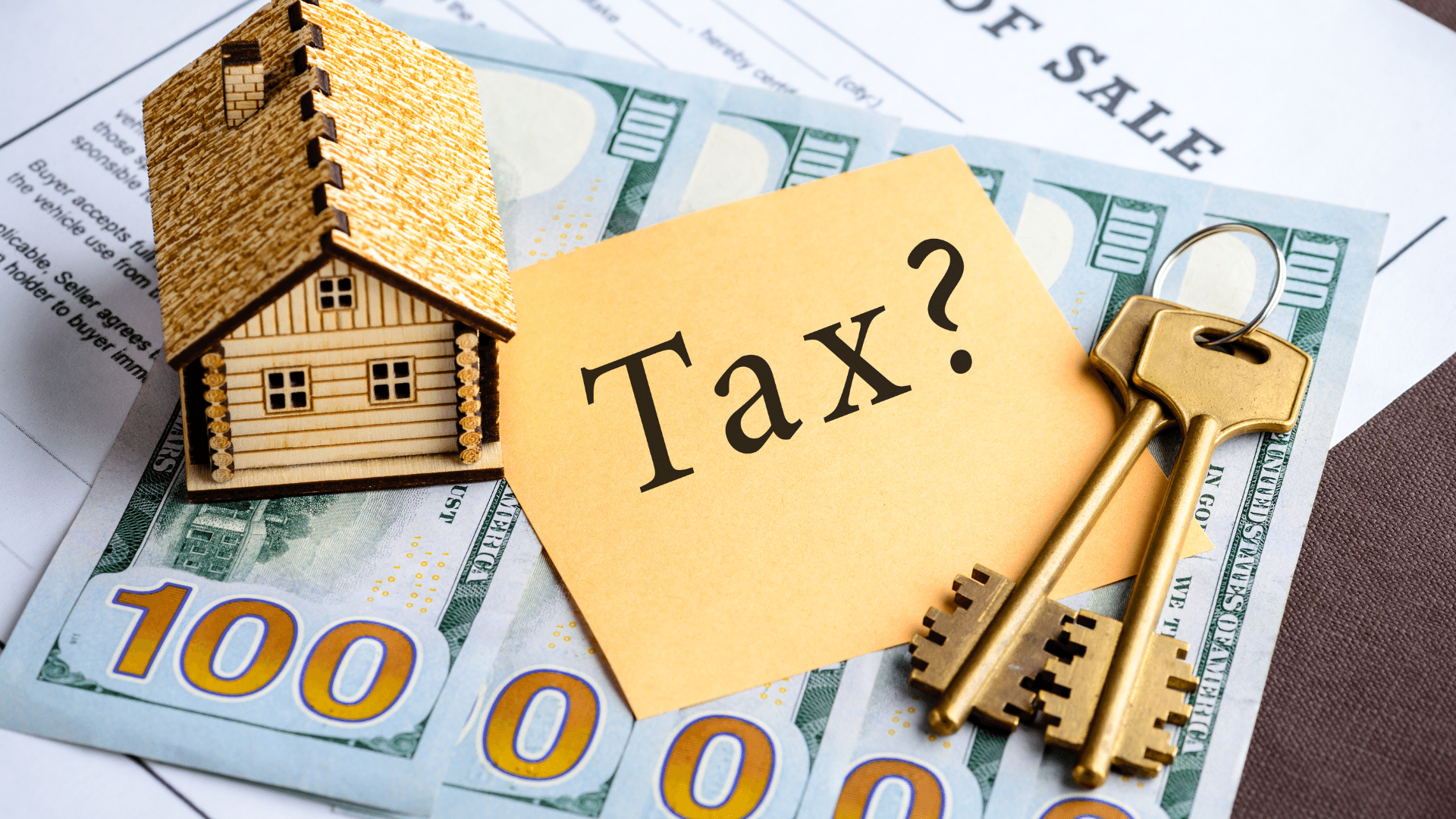Pakistan’s real estate industry is a major contributor to the country’s economy and serves as one of the government’s key revenue-generating sectors. Over the years, it has remained a significant focus for taxation, and the 2024-2025 federal budget introduced fresh tax measures that impact this sector.
These taxes, regulated by the Federal Board of Revenue (FBR), vary depending on an individual’s tax status—categorized as a filer, non-filer, or late-filer. The new regulations are already shaping the real estate market. This blog breaks down the updated property tax framework and its implications for Pakistan’s real estate landscape.
Overview of Property Taxes in Pakistan
Before delving into the updated tax structure, let’s take a closer look at the four key property taxes applicable in Pakistan:
- Capital Gain Tax (CGT):
This tax is applied to profits earned from selling immovable properties. Starting July 1, 2024, CGT rates are as follows:- Filers: 15%
- Non-Filers: 15% to 45% (based on property value, as assessed by the FBR).
Key Update:
The holding period and property type no longer influence CGT rates. Previously, the tax varied based on how long a property was held (1-6 years) and its type (plot, building, or flat). - Advance Property Tax (Withholding Tax):
This tax is payable during the registration or allocation of properties, and it applies to both buyers and sellers.Revised Rates for Sale or Transfer:Property Value Filer Late Filer Non-Filer Up to 50 Million 3% 6% 10% 50 Million – 100 Million 3.5% 7% Over 100 Million 4% 8% Revised Rates for Purchase:
Property Value Filer Late Filer Non-Filer Up to 50 Million 3% 6% 12% 50 Million – 100 Million 3.5% 7% 16% Over 100 Million 4% 8% 20% Key Updates:
- Advance tax is now applicable from the time of plot booking up to balloting or allocation.
- Tax payments can be made in installments, easing the financial burden on buyers.
- Annual income levels may also influence the advance tax payable.
- Capital Value Tax (CVT):
Charged during the transfer of property ownership, CVT remains fixed at 2% of the property value for 2024-2025. - Federal Excise Duty (FED):
FED is applied during the booking, allotment, or transfer stages.- Commercial Property: 5%
- Residential Property: 5% (only for the first owner at booking).
Impact of the 2024-2025 Property Tax Policies
The newly introduced taxes have far-reaching effects on the real estate sector:
- Reduced Market Activity:
Higher withholding tax rates discourage non-filers from participating in transactions, leading to reduced demand. - Decreasing Property Prices:
Sellers aim to offset the increased tax burden, often resulting in a downward pressure on property values. - Changing Buyer Preferences:
Buyers increasingly prefer dealing with filers to minimize their tax liabilities, shifting market dynamics.
Conclusion
The revamped property taxes have sparked discussions about their effect on Pakistan’s real estate market. While these measures present challenges, the sector remains a cornerstone for economic growth and revenue collection.
Staying compliant with tax regulations will be vital for ensuring the industry’s sustainable growth. As the real estate sector navigates these changes, awareness and proper financial planning will be key to minimizing tax burdens and maximizing opportunities.



